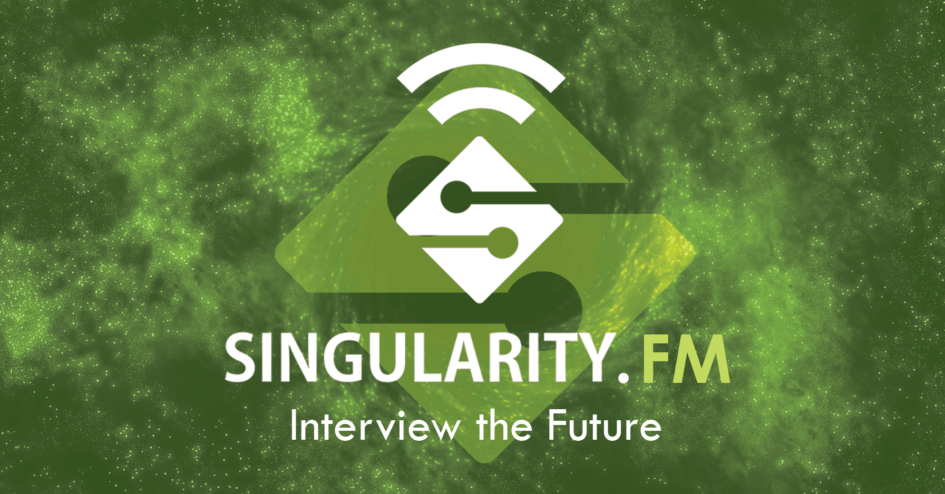It is harder and harder to make sense of life. Everything is changing, all the time, at a faster and faster pace. Our civilization is struggling to keep up with exponential technology and disruptive change. Our age-old institutions, politics, economics, ethics, religion and laws, even our environment, are so fundamentally challenged, that we risk collapse. Our stories have gotten so divorced from reality, so divisive, so inflexible and so inept to adapt to and explain our present, let alone guide us towards a better future, that we often feel like helpless passengers on a Titanic spaceship Earth. No wonder Aristotle observed that “When the storytelling goes bad in a society, the result is decadence.”
But why is this the case? And, perhaps more importantly, how is it that bad storytelling can keep, if not bring, a whole society down? Is that not simply overstating the power of story?
Literary theorist Kenneth Burke famously noted: “Stories are equipment for living. Human beings need storytelling in order to make certain sense out of life.” If that is true then our equipment for a living has gone obsolete. And unless we upgrade it we are going to go obsolete too.
It was this process that Fred Polak had in mind in 1961 while observing: “Any student of the rise and fall of cultures cannot fail to be impressed by the role played in this historical succession by the image of the future. The rise and fall of images precede or accompany the rise and fall of cultures. As long as a society’s image is positive and flourishing, the flower of culture is in full bloom. Once the image begins to decay and lose its vitality, however, the culture does not long survive.” (Polak, 1961)
That is why we desperately need a new story. A story that will not only help us make sense of the world today but also unite us as a species of human beings. A story that will motivate us to stop bickering and resolve our common problems. A story that will inspire us to achieve our common goals and guide us towards a better future for all sentient beings on our planet.
We have to rewrite the story. Our story. The human story. Because the old stories that brought us thus far are no longer useful. They’ve lost their vision and grandeur. They’ve become petty and short-sighted. They’re stuck in a past that never was at the expense of a future that can be. They divide us and keep us bickering while our civilization is facing unprecedented diversity and depth of existential challenges. Those stories are not simply our history. They are now our chains. And unless we break them, they will be our death sentence.
So, if it is true that old stories or bad stories can bring us down, then, it is worth exploring if or how new stories, good stories can bring us up.
The human story that brought us into the 21st century was written and rewritten several times. The latest major update was perhaps during the industrial revolution. It is time to rewrite it again. We need a new story. A brave story. An unreasonable story. A story that can inspire, unite and motivate us to break free from the past and create the best possible future.
This is what this book is about. It will examine how the current human story came to be, how it works, what’s its impact and importance, and why we are currently witnessing it fall apart – politically, economically, philosophically, ecologically, and even socially. It will then argue that to survive and thrive in a world of exponential technology and disruptive change, we must rewrite our human story – individually, collectively, and globally. Finally, it will end by proposing a framework for as well as several possible new versions of our human story.
Needless to say, this is a pretty ambitious goal. Thus this thought experiment may fail because many of the ideas I will be putting here are not yet fully formed. Some are raw. Others are probably wrong. Or bad. But as a guest on Singularity.FM once said: “Big ideas are born bad.” So I will not shy away from sharing my bad ideas with you. And, hopefully, among the gravel and the dust, there might be some nuggets too. But you be the judge as per how big or bad my ideas are. Either way, while I feel I am not quite ready for this journey, it is a journey I must begin. Because, whether I succeed or fail, I know I would be better for trying. Hopefully, you can benefit from it too.
And, if, in the end, there is enough good in this book to make a difference – to you, the world, or anyone at all – great. If not, then, at least I can say I tried. Either way, thank you for coming along.
ReWriting the Human Story: How Our Story Determines Our Future
an alternative thought experiment by Nikola Danaylov
I make no claim to predicting the future. I make up stories. Stories are better than predictions: predictions tell us that the future is inevitable. Stories tell us that the future is up for grabs.
Cory Doctorow

Leave a Reply